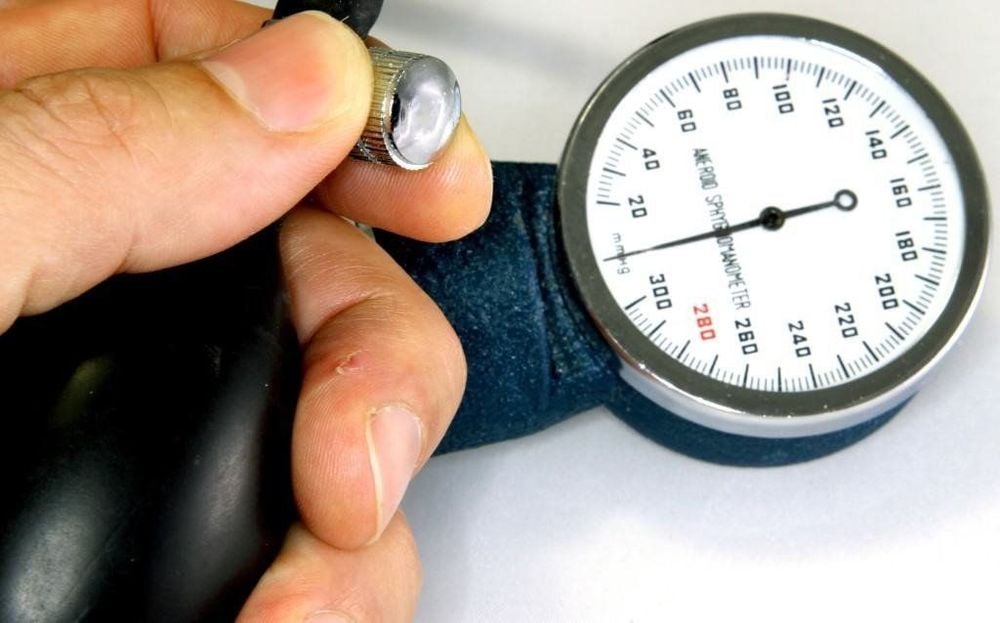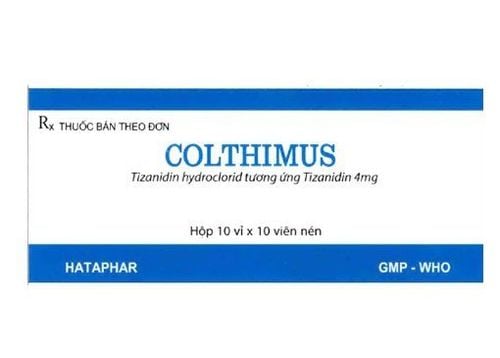This is an automatically translated article.
The article was professionally consulted with Doctor General Internal Medicine - Department of Medical Examination & Internal Medicine - Vinmec Hai Phong International General Hospital.
Abnormally high blood pressure is a serious medical problem, very difficult to control and hidden behind the risk of harm to human health and life.
1. How does blood pressure change in the vascular system?
Blood pressure is the pressure of blood vessels against artery walls. Blood pressure is highest in the aorta. The further away from the aorta, the lower the intravascular pressure and the lowest in the vena cava.
Factors regulating blood pressure index:
Contractile force of the heart: the stronger the force of contraction of the heart, the larger the stroke volume, the increased blood volume increases the pressure on the vessel wall and the blood pressure increases. The greater the volume of blood in the blood vessels, the higher the blood pressure. Therefore, the farther away from the aorta, the less blood is pumped, so the blood pressure also decreases gradually. The larger the cross-sectional area of the blood vessel, the lower the blood pressure. Therefore, when vasoconstriction, the cross-sectional area of the vessel decreases, the pressure on the vessel wall increases, leading to an increase in blood pressure. In contrast, when vasodilatation, the cross-sectional area increases, the pressure on the vessel wall decreases, causing blood pressure to decrease. This is applied in the preparation of drugs to treat and control blood pressure.
Trắc nghiệm: Huyết áp của bạn có đang thực sự tốt?
Huyết áp cao hay thấp đều ảnh hưởng đến tình trạng sức khỏe con người. Để biết tình trạng huyết áp của bạn có thực sự tốt không, hãy làm bài trắc nghiệm sau đây để đánh giá.2. What is unstable blood pressure?
Unstable blood pressure is a term used to describe a person's erratic fluctuations in blood pressure and this change can be sudden or continuous over a long period of time.
In fact, a person's blood pressure changes every day, even hourly. But this change is not much and at an acceptable level.
Some causes of unstable blood pressure:
Sudden changes in blood pressure have a lot to do with emotions and psychological state. Anxiety, stress, fear or psychological shock can all cause blood pressure to spike or drop rapidly.. Due to the use of stimulants. Due to a sudden change in environment or a sudden change of position. Due to the side effects of some drugs that affect blood pressure such as using the wrong blood pressure medication, corticosteroids... Unstable blood pressure can also be a complication or symptom of some diseases such as heart failure, mental disorders menstruation, angina pectoris, high fever...

Manifestations of unstable blood pressure are not always obvious, but common signs are:
Headache, dizziness, especially when changing position or changing environment suddenly. Or tinnitus, headache. Red face, fast heartbeat or possibly arrhythmia, possibly accompanied by sweating. Blood pressure readings change frequently and are difficult to control. If the blood pressure is not stable for a long time, it will cause arrhythmias, reduce the strength of the vessel walls and the risk of having a stroke or heart attack is very high.
3. How to limit the erratic rise and fall of blood pressure?
To limit unstable blood pressure, it is necessary to do the following:
Have a reasonable diet, healthy lifestyle. Limit the use of stimulants such as alcohol, coffee, tobacco... Avoid stress, stress and pressure at work. Exercise regularly to improve health. Monitor blood pressure regularly Use medication according to the instructions and prescriptions of a specialist. Unstable, erratic blood pressure is difficult to control and if this condition is left untreated for a long time, it not only affects the heart, but can also damage the kidneys, blood vessels and even the heart. eyes that increase the risk of death for the patient.
Please dial HOTLINE for more information or register for an appointment HERE. Download MyVinmec app to make appointments faster and to manage your bookings easily.













